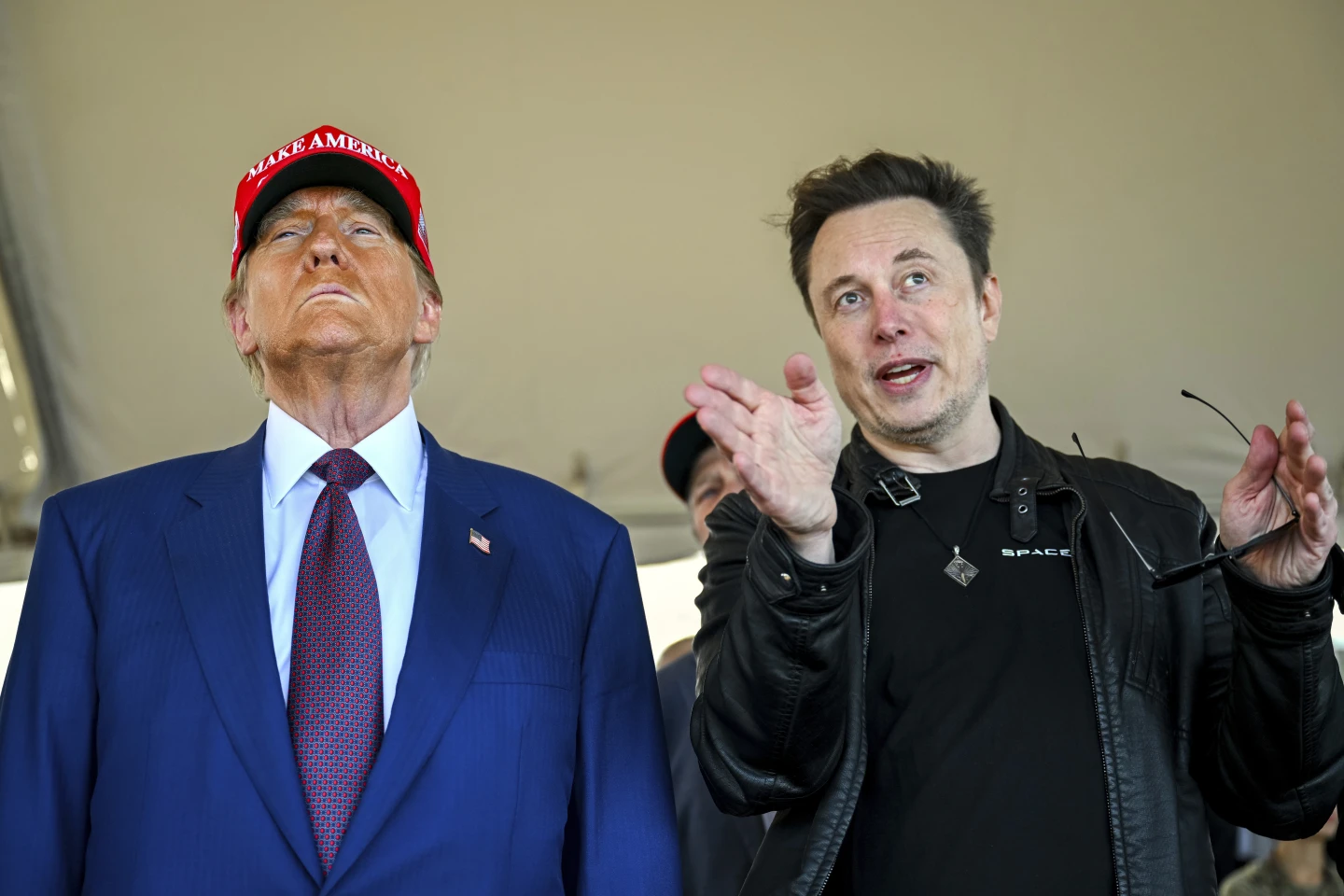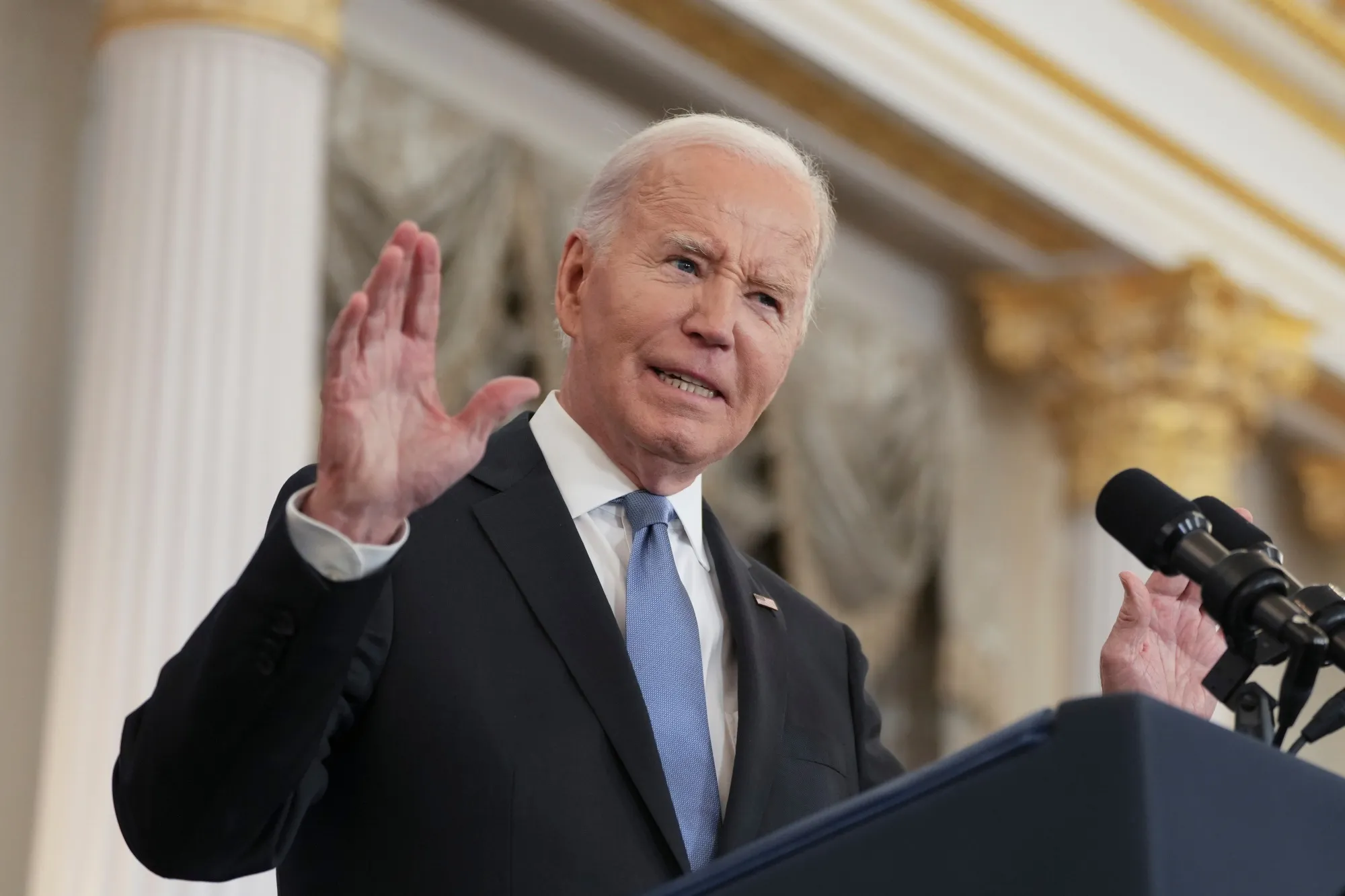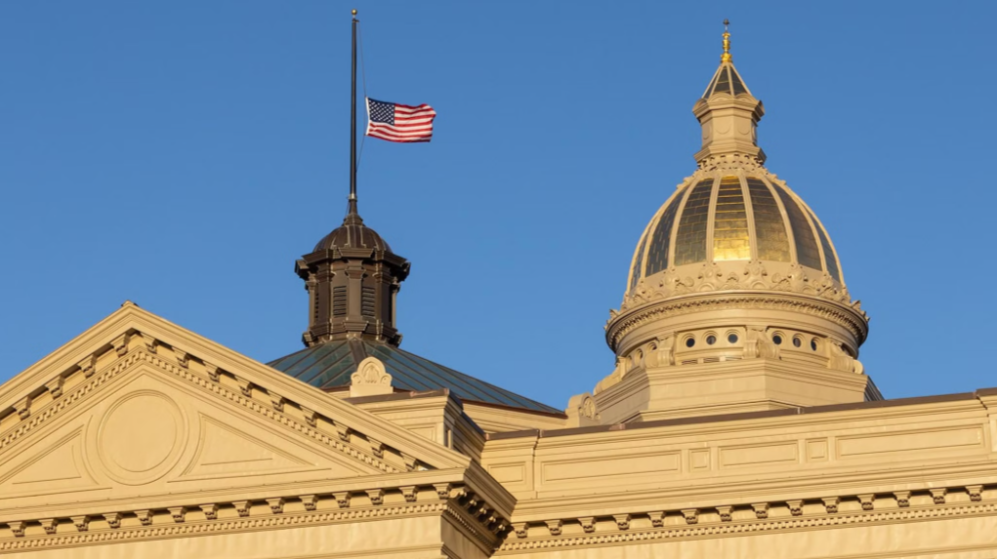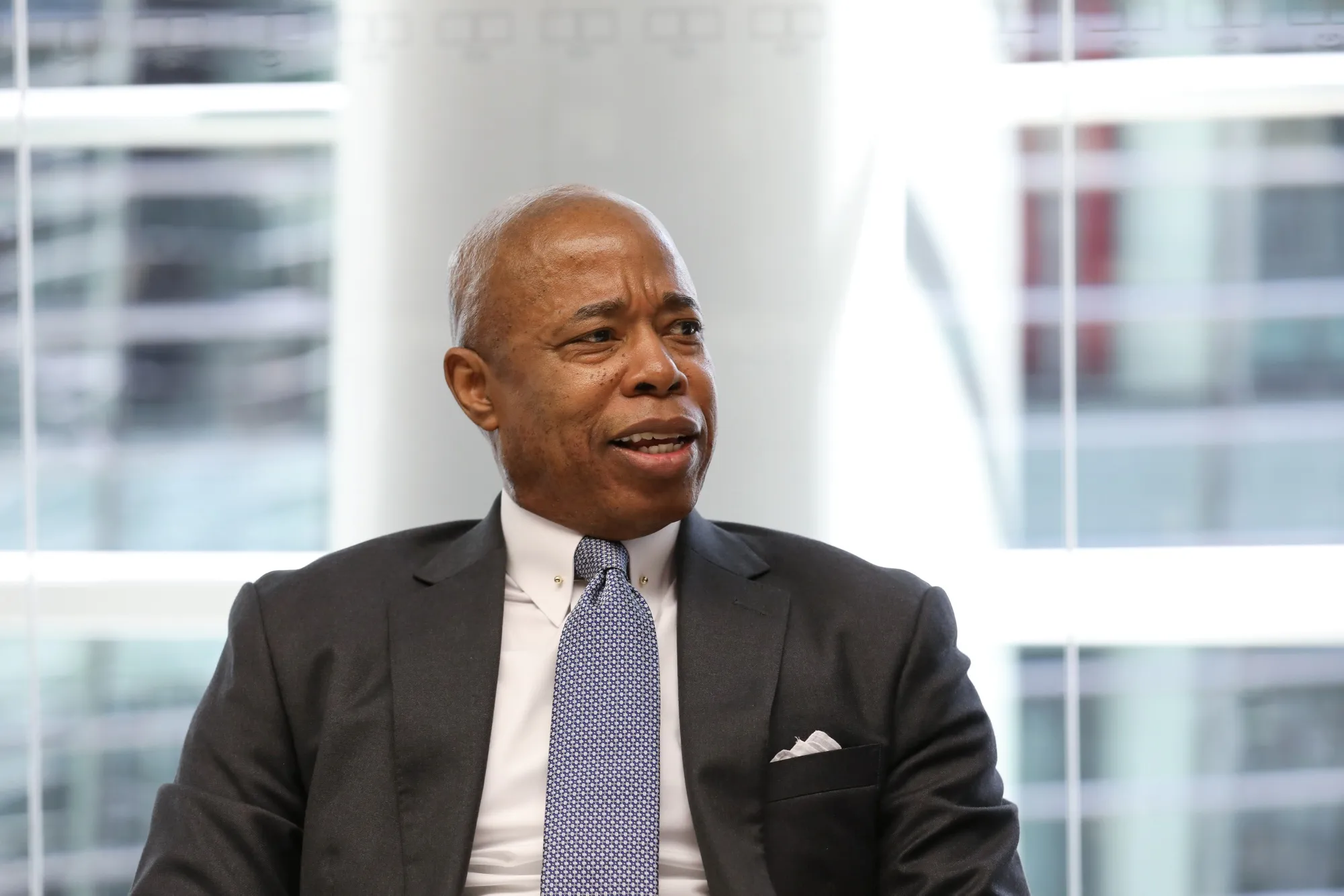US Envoy Arrives in Beirut Amid Push for Lebanon-Israel Ceasefire
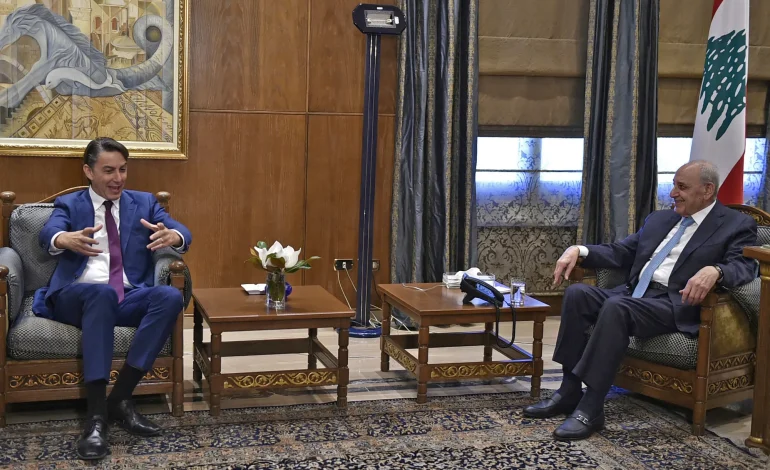
Amidst escalating tensions, Amos Hochstein, a senior US envoy, arrived in Beirut Tuesday to spearhead efforts to broker a ceasefire between Israel and the Lebanese militant group Hezbollah, Bloomberg reports.
Hochstein, who handles Israel-Hezbollah affairs for the White House, will present a US-drafted proposal aimed at ending the 14-month conflict.
Hochstein is scheduled to meet with Lebanese Prime Minister Najib Mikati and Parliament Speaker Nabih Berri, who serves as a key intermediary between the West and Hezbollah, a group designated as a terrorist organization by the US and many other nations. While Lebanese officials have expressed general support for the US plan, Mikati indicated on Monday that certain points remain contentious, signaling potential obstacles to a swift resolution.
The envoy’s visit follows a period of intense fighting. This week alone, Israel has intensified airstrikes on Beirut and other Lebanese areas, while Hezbollah launched a missile attack towards Tel Aviv on Monday evening. While the missile was intercepted, resulting debris caused damage and injuries in Israel’s commercial capital.
The current conflict erupted nearly 14 months ago when Hezbollah launched missile and drone attacks on Israel in solidarity with Hamas. Tensions escalated further in September with Israel’s targeted assassinations of Hezbollah figures and the deployment of ground troops into southern Lebanon. The conflict has resulted in approximately 2,500 deaths in Lebanon and the displacement of over 1.2 million people – more than a fifth of the population. At least 50 Israeli soldiers have also been killed.
The proposed ceasefire plan draws upon UN Security Council Resolution 1701, which ended the 2006 war between Israel and Hezbollah. However, significant sticking points remain. Israel insists on Hezbollah’s withdrawal of fighters from within approximately 30 kilometers (19 miles) of the border, a condition stipulated by Resolution 1701, and the ability to strike Hezbollah targets if the group violates any ceasefire agreement. Both Hezbollah and the Lebanese government have rejected this latter condition.
Israeli Prime Minister Benjamin Netanyahu has linked Hezbollah’s withdrawal to the return of approximately 60,000 displaced Israelis in the north of the country. A similar number of Lebanese civilians have been displaced in southern Lebanon.
The Biden administration, in its final months in office, is prioritizing a ceasefire in Lebanon, viewing it as more attainable than a similar agreement in Gaza, where talks between Israel and Hamas have stalled.


